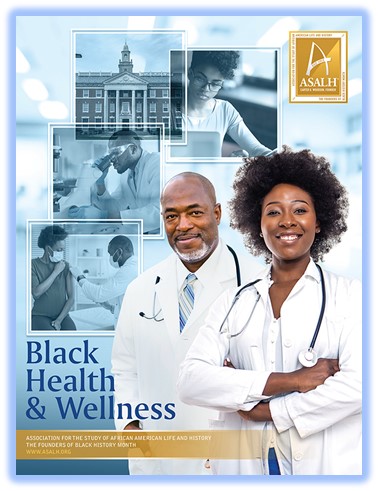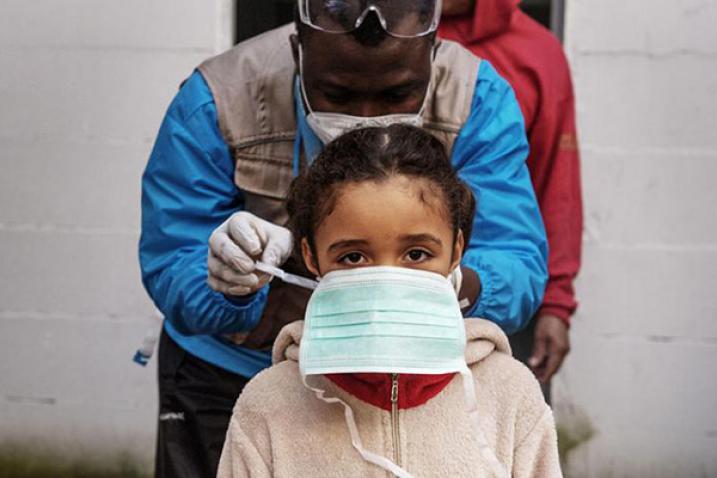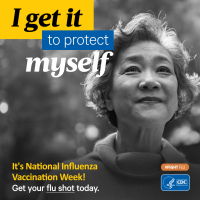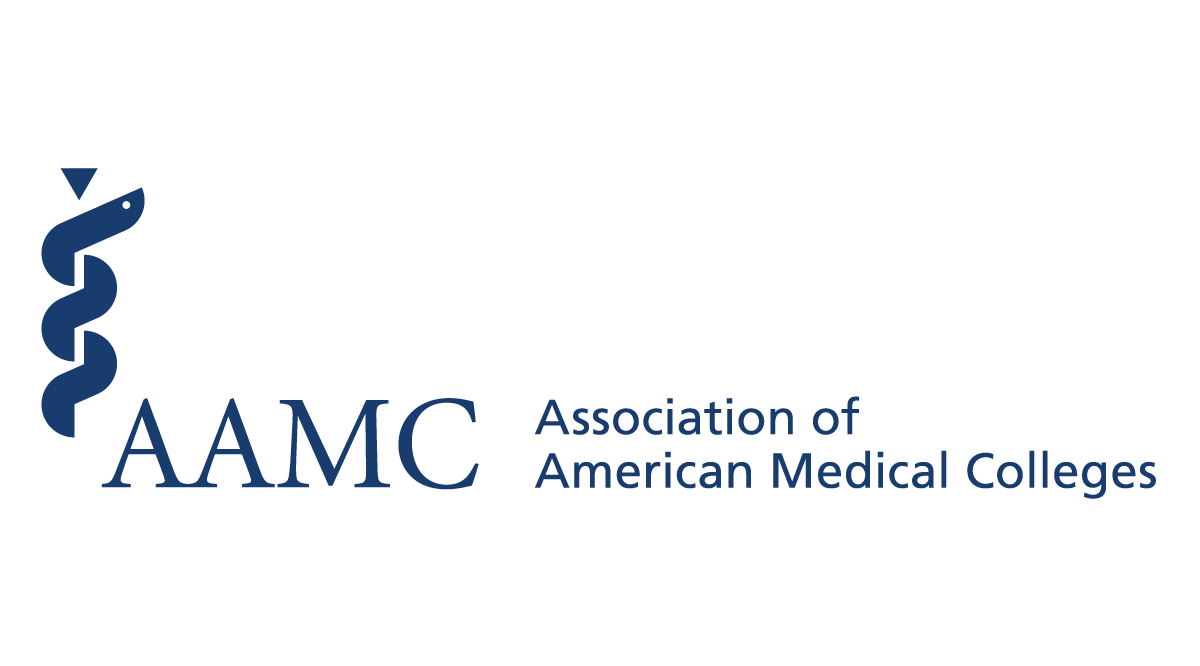April 9, 2021 -- The National Library of Medicine (NLM) has awarded a five-year, $ 6.3 million UG4 cooperative agreement grant to Principal Investigator Tania Bardyn and Project Lead Cathy Burroughs at the UW Health Sciences Library to lead Region 5 of the Regional Medical Library (RML) serving a six-state region including Alaska, California, Hawaii, Nevada, Oregon, Washington and U.S. Territories through the Network of the National Library of Medicine (NNLM). This will be the second UG4 cooperative agreement grant for UW from the NIH/National Library of Medicine. Region 5 is part of the Network of the National Library of Medicine (NNLM), which includes 7 Regional Medical Libraries (RMLs) nationwide based at other health sciences libraries.
The core mission of the NNLM is to improve access to the highest level of evidence-based health information, with an emphasis on reaching the most underserved communities. The NLM grant funds the RML’s Region 5 program Reaching More People in More Ways to advance data driven health, health equity and health literacy through community-driven outreach that equitably informs U.S. researchers, health professionals, librarians, educators, and the public about the NLM’s products, information services, funding, professional development, and training. The program also provides direct funding (grants) to regional partners to improve access through technology and provide training to equalize and enhance access to health information for everyone – from clinicians to patients and to the general public.
“This award is a testament to the value of the health information outreach the Pacific Northwest Region of the NNLM has performed over the past 50 years, and our capacity and desire to expand these efforts to California, Hawaii, Nevada, and U.S. Territories over the next five years.” says Tania Bardyn, Principal Investigator of the NNLM Region 5 and Associate Dean for Health Sciences at the UW Libraries.
UW has hosted the Regional Medical Library (RML) in the Pacific Northwest Region (PNR) since the program’s inception in 1968. The geography of the grant has largely remained unchanged in the last 53 years. Beginning in 2021, under the new redistributed geography of this grant, the RML at UW Health Sciences Library will expand its programmatic outreach beyond the Pacific Northwest to 3 new states including California, Nevada, and Hawaii. This will be the only RML serving 25 public and private medical schools’ libraries located on the West Coast.
The RML is an essential service for physicians, nurses, dentists, pharmacists, social workers, allied health and public health professionals who need access to the most up-to-date evidence-based research and health information. Providers require continuous training, access to tools and knowledge of resources on the front lines of healthcare; however, training and access to this information is limited for many healthcare providers, especially in underserved communities. Where there is a lack of providers, or no providers at all in some cases, online access to clinical resources and data are critical to healthcare delivery.
Librarians play a vital role in providing continuing education for the clinical profession, not only by providing updates on the latest resources and information services, but also in teaching providers how to become more independent and adept and utilizing search technologies that can have a dramatic and positive impact on quality of care.
In addition to facilitating the RML to support medical communities across six states and territories, the UW Libraries’ Health Sciences Library supports the entire UW health sciences community including six schools as well as health professionals and researchers through local, regional, national and international networks like HEALWA.
For more information contact:
Catherine M. Burroughs, MLS
Executive Director
Network of the National Library of Medicine, Pacific Northwest Region
University of Washington
Seattle, WA 98195-7155
206.543.9261 | cburroug@uw.edu











